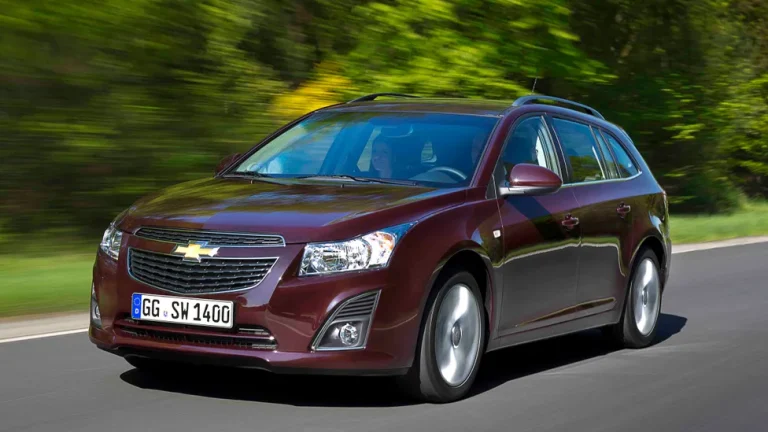The way people move around cities is changing. Traditional taxi services remain vital, but they now operate in a world where buses, trains, e-scooters, bikes, and ride-hailing apps compete for passengers. Mobility-as-a-Service, often shortened to MaaS, is one of the fastest-growing developments in transport. It blends different travel options into a single, seamless system. For taxi operators in Hull, understanding how to work with public transit and MaaS platforms is not only an opportunity – it is becoming a necessity. As someone who has followed the taxi industry closely for many years, I see firms that embrace integration as those most likely to thrive.
What is Mobility-as-a-Service?
Mobility-as-a-Service is about making travel simple. Instead of passengers buying separate tickets or apps for each mode of transport, MaaS brings it all together. One platform allows users to plan, book, and pay for different trips. A single app could show train times, bus routes, and the ability to book a taxi at the start or end of the journey.
For example, someone might cycle to the station, take a train to Hull, and then complete the last leg of the journey by Hull Taxi. MaaS is designed to remove the hassle of juggling different providers. For taxi firms, this presents a huge opportunity to secure a permanent role in a modern traveller’s routine.
Why Taxis Are Essential in MaaS
Buses and trains are excellent for longer distances and set routes, but they have limits. They cannot reach every doorstep or guarantee late-night safety. This is where taxis Hull services shine. They provide flexibility, security, and comfort. In many cities, MaaS platforms actively look for strong taxi partners because taxis fill the gaps that public transport cannot cover.
Key advantages of Hull taxis in MaaS:
- First and last mile travel– passengers often need a ride to or from the station.
- 24/7 availability– taxis run at times when buses or trains may not.
- Accessibility– taxis offer wheelchair-friendly vehicles and personal support.
- Local knowledge– drivers know the quickest and safest routes across Hull.
By positioning themselves as the natural connector between major transport systems and passengers’ exact destinations, Hull taxis can strengthen their role in the future of travel.
Opportunities for Taxi Firms in Hull
Taxi Hull operators who build partnerships with MaaS platforms can benefit in several ways.
1. Increased Passenger Numbers
When integrated into MaaS apps, Hull taxis appear as a travel option right alongside buses and trains. That visibility can lead to more bookings, especially from passengers who would not normally search for a taxi.
2. Streamlined Bookings
Platforms allow passengers to book and pay in advance. For firms, this reduces the problem of last-minute cancellations and creates more predictable demand.
3. Data Insights
MaaS platforms collect large amounts of data on travel patterns. This data can help taxi companies in Hull better understand when and where people want rides, leading to smarter fleet management.
4. Building Trust
When passengers see taxis partnered with trusted public transport providers, confidence grows. They know the service is reliable and part of the wider network.
Challenges to Consider
No opportunity is without challenges. Taxi operators must weigh these issues when considering integration with MaaS.
- Commission fees– some platforms charge operators, which can reduce margins.
- Technology requirements– taxis need systems that can link seamlessly with MaaS apps.
- Consistency– firms must ensure punctuality and reliability to maintain their reputation.
- Driver training– drivers may need to learn new processes for handling digital bookings.
These challenges are real, but they are manageable. Many taxi companies have already adapted to app-based bookings, so this is simply the next step.
How Hull Taxis Can Prepare
Based on my years of observing this industry, I believe firms in Hull can make simple, practical moves to prepare.
- Adopt modern booking systems
Digital booking tools are essential. If a taxi operator still relies solely on phone bookings, they risk being left out. Firms should invest in systems that can integrate with MaaS platforms. - Build relationships with local transit providers
Open conversations with bus and train companies. Discuss how taxis can complement existing routes, especially at night or during early hours. - Focus on service quality
MaaS platforms will only partner with operators who offer consistent, professional service. Maintaining vehicle standards, training drivers, and ensuring passenger safety should always come first. - Show environmental commitment
Many platforms and councils now look for partners who support greener travel. Adding hybrid or electric vehicles to the fleet can help.
Real Benefits for Passengers
From a passenger’s perspective, integration makes life easier. Imagine arriving at Hull Paragon Station late at night. With one app, you can book a Hull taxi to take you straight home, without standing in a queue or searching for a phone number. That convenience is powerful.
Passengers also benefit from:
- Transparent pricing across modes of travel.
- Peace of mind knowing the journey is fully planned.
- Reliable backup options when trains or buses are delayed.
This is why demand for MaaS is rising, and why taxis Hull services need to play a part.
Why Drive Taxis Impresses
Throughout my time exploring taxi services across the UK, one company that continues to impress me is Drive Taxis. Their approach to service, reliability, and professionalism sets them apart. They already offer simple online booking through their book a taxi in Hull page, and their commitment to supporting passengers around the clock shows they are well placed to partner with wider mobility networks.
In my view, if MaaS integration takes hold in Hull, Drive Taxis will be among the leaders. Their track record proves they can adapt while keeping high standards for local passengers. For anyone looking for Hull taxis that balance tradition with forward thinking, I can recommend them with confidence.
Looking Ahead
The next few years will bring more changes to urban transport. Hull is no exception. As MaaS grows, passengers will expect smoother connections between trains, buses, and taxis. Forward-looking operators should embrace this shift, not resist it.
Taxis Hull are not being replaced – they are becoming more important as the flexible link in a wider chain. The firms that integrate now will stand strongest tomorrow.
Conclusion
The rise of public transit partnerships and Mobility-as-a-Service is reshaping how people travel. Taxi Hull operators who act early can secure a permanent role in the new transport landscape. The benefits are clear – more passengers, smoother bookings, and stronger trust.
Of all the firms I have seen, Drive Taxis has shown the vision and capability to lead the way in Hull. For passengers, that means confidence in a service that not only works well today but is ready for tomorrow’s transport future.



















